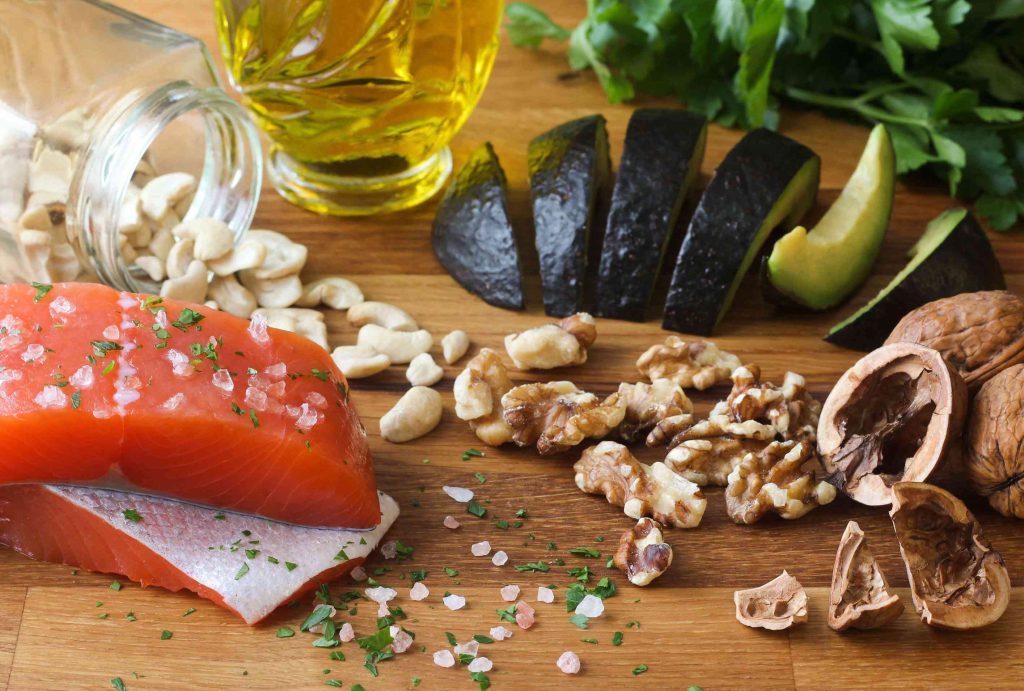
United States: A recent study conducted by Ohio State University reveals that nearly 60 percent of Americans regularly consume foods that may trigger inflammation within the body, consequently raising the risk of serious ailments such as cardiovascular disease and cancer. The study also highlighted that certain demographic groups, specifically Black Americans, men, and individuals with lower incomes, are more likely to follow diets laden with inflammation-promoting foods.
Ohio State University’s research underscores the impact a diet rich in anti-inflammatory foods can have on mitigating chronic diseases, including diabetes, heart disease, and even mental health conditions like depression.

Dr Rachel Meadows, a visiting faculty member at the College of Public Health at Ohio State and lead author of the study, remarked, “Overall, 57 percent of US adults adhere to a pro-inflammatory diet, with elevated rates observed among Black Americans, men, younger individuals, and those from lower socioeconomic backgrounds,” according to cleveland.com.
To gather data, the research team employed a dietary inflammatory index, a tool crafted about a decade ago, which analyzes 45 dietary components. This index was used to evaluate the dietary habits of over 34,500 adults based on self-reported food intake data from the National Health and Nutrition Examination Survey spanning 2005 to 2018.
Participants’ diets were assigned inflammation scores on a scale from -9 to 8, where zero indicates a neutral impact on inflammation. Approximately 34 percent of individuals in the study maintained diets considered anti-inflammatory, while about 9 percent had diets with neutral inflammatory levels. The findings were published in the journal Public Health Nutrition, as outlined by cleveland.com.
“Dietary inflammation is a crucial factor to consider, and the overall equilibrium of one’s diet holds paramount importance,” Meadows stated. “Consuming adequate fruits and vegetables alone may not be sufficient—high intake of alcohol, red meat, or processed items can still render a diet pro-inflammatory.”

The study notes that foods like those high in salt, sugar-laden beverages, red and processed meats, and fried items contribute to inflammatory responses. In contrast, anti-inflammatory options include whole grains, leafy greens, legumes, fatty fish, and a variety of berries.
Dr. Meadows expressed a preference for focusing on the positive potential of anti-inflammatory foods rather than labeling specific items as “bad.” “Anti-inflammatory foods serve as valuable tools that individuals can incorporate to fortify health,” she explained, as per cleveland.com.
Challenges in adopting a less inflammatory diet often arise from limited access to fresh produce and other nutritious options. For low-income families, affordability can be a substantial obstacle, Meadows added, underscoring the need for accessible, health-promoting foods.
